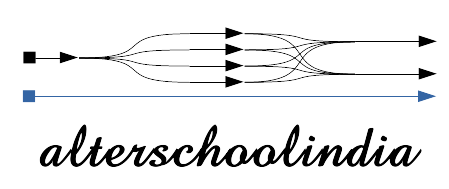Empirical evidence, also known as sensory experience, is the information received by means of the senses, particularly by observation and documentation of patterns and behavior through experimentation.
In science, empirical evidence is required for a hypothesis to gain acceptance in the scientific community. Normally, this validation is achieved by the scientific method of forming a hypothesis, experimental design, peer review, reproduction of results, conference presentation, and journal publication. This requires rigorous communication of hypothesis (usually expressed in mathematics), experimental constraints and controls (expressed necessarily in terms of standard experimental apparatus), and a common understanding of measurement.
- extracted from Empirical Evidence, Wikipedia as on 26th March 2018


 Got any questions?
Got any questions?